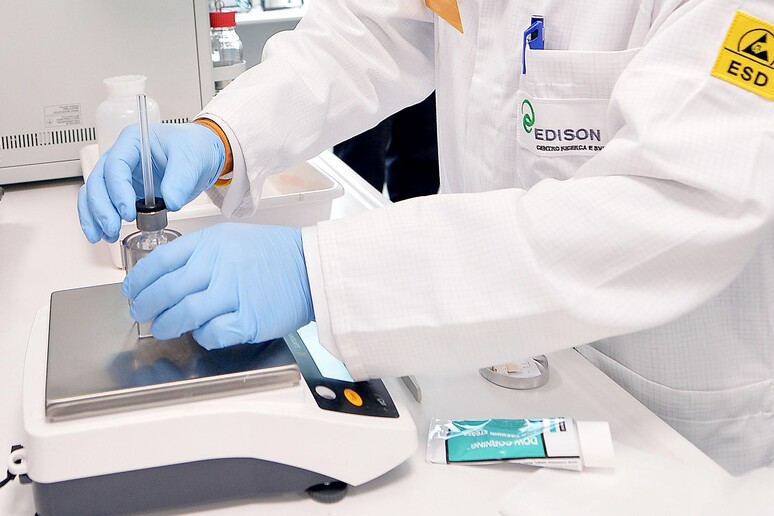People who are at most risk for heart
attacks present a specific genetic marker in the blood and this
new and important marker has been identified by an Italian study
published in the prestigious journal Plos One.
The pilot study permits the prompt identification of people
of high risk to be urgently treated, the study said.
Coronary heart disease and its main complication, myocardial
infarct or heart attack, kills some 70,000 people in Italy a
year.
The team behind the new study looked at the links between
lifestyle and heredity.
The study was led by Giuseppe Novelli, head of the medical
genetics lab at the Tor Vergata Policlinico university hospital,
and by Francesco Romeo, head of cardiology at the university.
The team found the anomalous behaviour of a marker, miR-423.
"It's not the first biomarker of heart attack hitherto
identified," Novelli told ANSA, but it is the most important".
ALL RIGHTS RESERVED © Copyright ANSA











